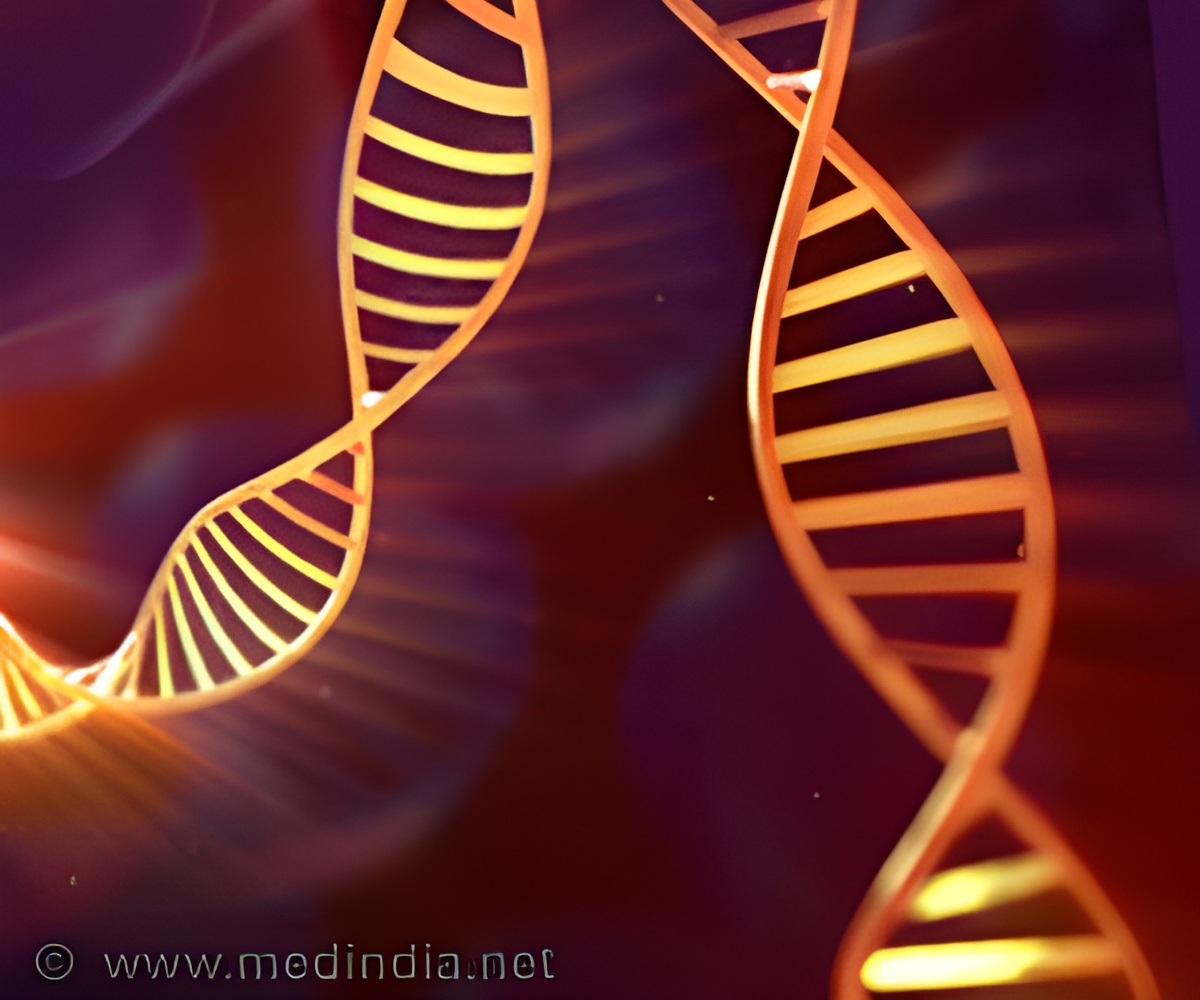A new gene, called the CUX1, has been found to be responsible for the development of tumors in more than one percent of all cancer patients, a new study reveals.

Around 300,000 people in the UK each year are diagnosed with cancer, and for more than 3,000 of these patients, an inactive CUX1 gene may be an underlying factor for their disease.
"Our research is a prime example of how understanding the genetic code of cancers can drive the search for targeted cancer therapies that work more effectively and efficiently, says Dr David Adams, lead author from the Wellcome Trust Sanger Institute. "This could improve the lives of thousands of people suffering from cancer."
The team used genetic data from over 7,600 cancer patients, collected and sequenced by the International Cancer Genome Constortium (ICGC) and other groups. They found that in around one per cent of the cancer genomes studied, mutations deactivated CUX1, an event associated with tumour growth.
CUX1 is mutated at a relatively low frequency, but across many different types of cancer. Because previous studies focused on genes that are mutated at a high rate in one cancer type to find cancer drivers, CUX1 was missed as a driver of cancer.
"Our work harnesses the power of combining large-scale cancer genomics with experimental genetics," says Dr Chi Wong, first author from the Wellcome Trust Sanger Institute and practising Haematologist at Addenbrooke's Hospital. "CUX1 defects are particularly common in myeloid blood cancers, either through mutation or acquired loss of chromosome 7q. As these patients have a dismal prognosis currently, novel targeted therapies are urgently needed."
The team silenced CUX1 in cultured cells to understand how inactivating it might lead to the development of tumours. They found that when CUX1 is deactivated, it had a knock-on effect on a biological inhibitor, PIK3IP1, reducing its inhibitory effects. This mobilises an enzyme responsible for cell growth, phosphoinositide 3-kinase (PI3K), increasing the rate of tumour progression.
"Drugs that inhibit PI3K signalling are currently undergoing clinical trial," says Professor Paul Workman, Deputy Chief Executive and Head of Cancer Therapeutics at The Institute of Cancer Research, London. "This discovery will help us to target these drugs to a new group of patients who will benefit from them and could have a dramatic effect on the lives of many cancer sufferers."
Source-Eurekalert
 MEDINDIA
MEDINDIA



 Email
Email










